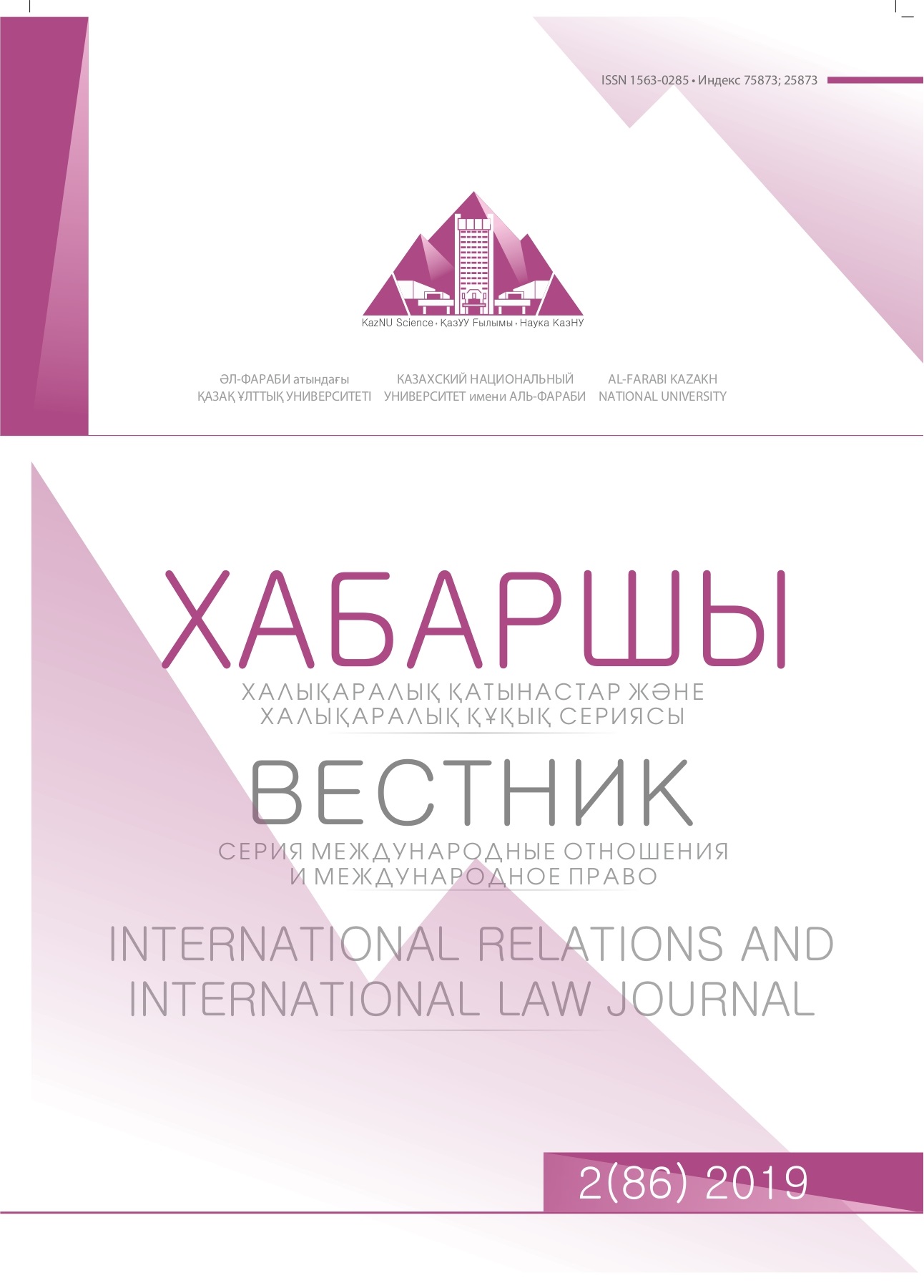Features and ideological problems of the formation of the European diaspora of Kazakhstan (during the Second World War and after the end)
DOI:
https://doi.org/10.26577/IRILJ.2019.v86.i2.07Abstract
Political and ideological policies of post-socialist countries to rehabilitate peoples make it necessary to study the problem of deportation and repression of «punished» peoples and groups belonging to the European groups of Kazakhstan’s nationality. The process of deportation of peoples that took place in the Soviet Union during one of the hard and difficult periods of its history in the years after the Second World War. Soviet society could be divided in relation to the functioning regime of power, and in this
situation the authorities did everything so that its positions were not shaken, the measures applied to
individual peoples and groups of the population, speaking in open or hidden form against the regime
were tightened. With the beginning of the Second World War, the deportation took a new impetus of
Soviet geopolitics. Poles and Germans were the largest national group of all those subjected to forced
relocation. In special echelons, they were promptly exported to 107 settlements of Siberia and northern
Kazakhstan. From the occupied territories of the Baltic states, the Poles and other undesirable elements
of Soviet power were evicted. Finns and Karelians living in Kazakhstan from the 1930s were deported
from the Leningrad Region in 1935–1940. The deportation policy was «explained» by a whole range of
reasons. For example, deported from the Baltic countries, the western regions of Ukraine and Belarus,
Moldova to Kazakhstan, were considered «unreliable», they were given preventive measures (linked by
confessional factors, anti-reform measures, participation in gangs, belonging to the institutions of the
outdated system).
Key words: Geopolitical deportation, diaspora, World War II, European peoples, historical memory,
historical destinies.














